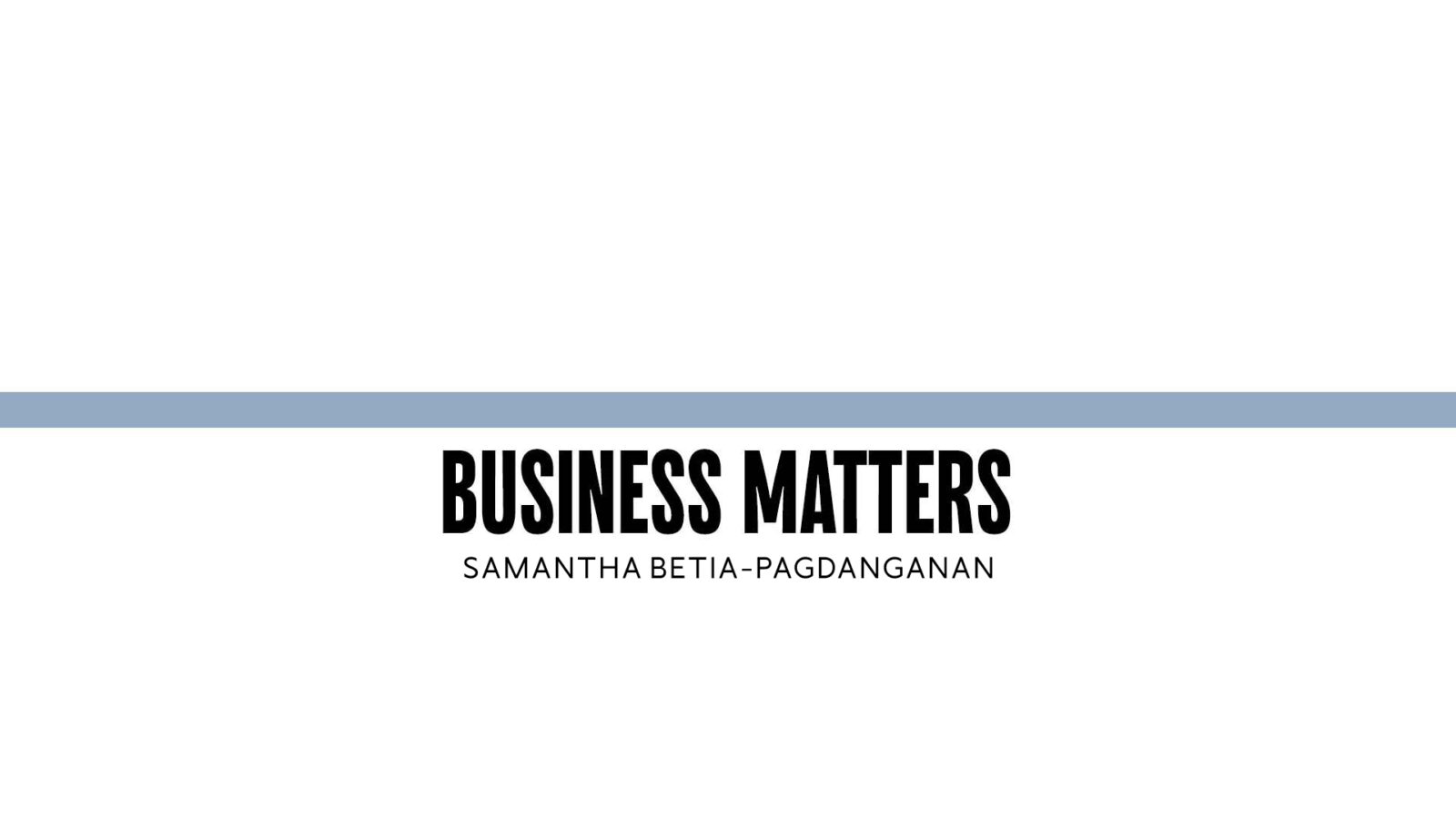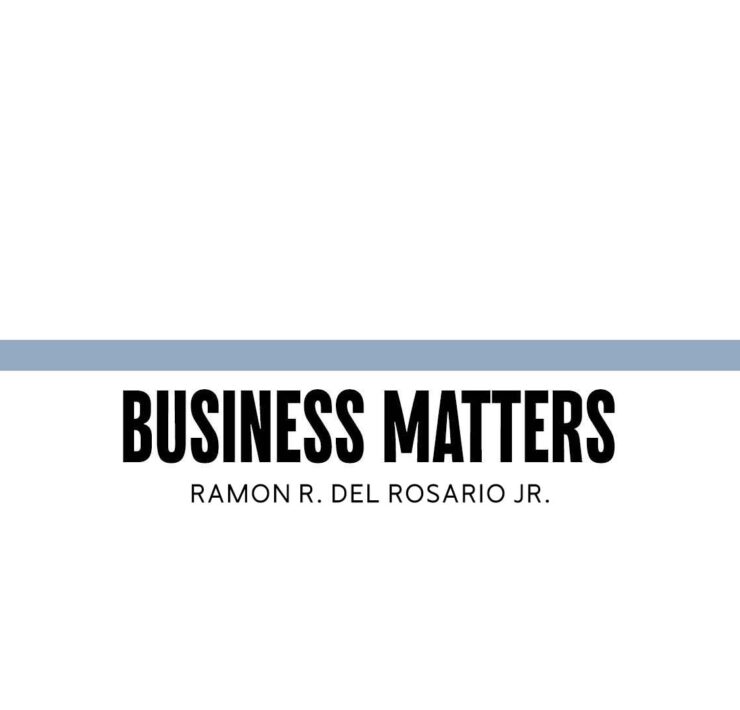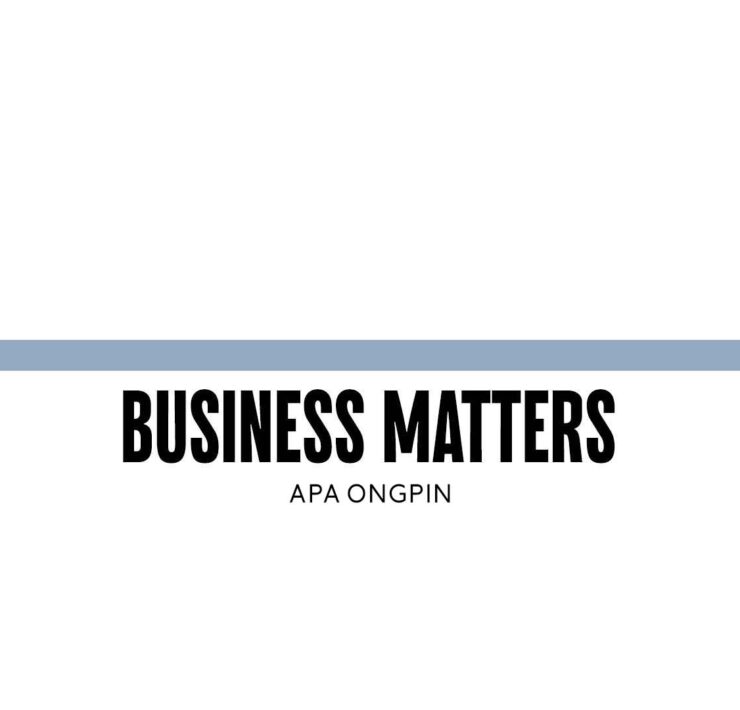Regenerative solutions for social progress

The past years have seen the Philippines experience the harshest effects of climate change, and our social disparity puts us at an extreme disadvantage in facing, recovering from, and adapting to such circumstances. We are living through a time that demands not only action but also reinvention. As sea levels rise, temperatures soar, and urban-rural divides widen, the call for initiatives that restore, empower, and regenerate both people and the planet has never been more urgent. Sustainability can no longer be a corporate buzzword; it must become a mandate framed within the goal of finding creative solutions.
Regeneration is not simply about minimizing harm; it is about the active and conscious restoration of ecosystems and communities. In our archipelagic nation, marked by both vulnerability and resilience, this approach takes on deep significance. Few companies are stepping forward not only with plans but with tangible proof. Acciona, a Spanish infrastructure and sustainable solutions firm operating in the Philippines, offers an instructive example of how regenerative business can contribute to social progress in deeply local, measurable ways.
Take the case of “Light at Home Palawan,” a project by the Acciona.org Foundation with support from Ayala Foundation and the Spanish Agency for International Development Cooperation. It provides electricity service through solar home systems to communities that have never had that service. At the beginning of 2025, over 2,600 homes in off-grid areas of Palawan had been electrified by clean, renewable energy, giving schoolchildren light to study after dark, midwives better tools to assist deliveries, and families the ability to run small businesses or preserve food. This is what regeneration looks like: when clean technology uplifts human dignity. The project also helped families save on energy costs, reducing monthly expenses by up to 35 percent, unlocking opportunities for economic growth: over P33.5 million per year may now be available in those homes, showing how green infrastructure can create long-term value for those left behind.
Acciona is also helping power the country’s renewable future. Its investments in solar and wind energy align with the national government’s targets of 35 percent renewable energy by 2030 and 50 percent by 2040. The 150-megawatt Daanbantayan solar plant in Cebu, part of the capitol’s first public-private solar partnership, marks a transformative moment. These projects mean fewer carbon emissions, cleaner air, and greater energy independence for a nation still reliant on fossil fuels.
Water, too, is part of the regenerative solution. In Pakil, Laguna, Acciona is building the East Bay 2 drinking water treatment plant, which will deliver clean water to over 2 million people. This complements earlier projects, such as the Putatan II and Laguna Lake water treatment plants. Access to safe drinking water is foundational to health, productivity, and human development.
Gender equity is another essential element of social progress. In the male-dominated construction sector, Acciona is breaking new ground. Initiatives, such as the International Women Acceleration Track and Global Mentoring Program, fast-track high-potential women into decision-making roles. Locally, the Malolos-Clark Railway Project (package 2) hit a milestone: one of the first concrete segments was produced entirely by an all-female crew—proof that equity is a prerequisite for regeneration.
What distinguishes regenerative efforts from traditional corporate social responsibility is that they are not about giving back but building forward. They frame communities not as beneficiaries, but as cocreators of solutions. Infrastructure is not just about concrete and steel; it is also about trust, opportunity, and the scaffolding for better futures. The regenerative path is long, but it is the only one that acknowledges both the damage of the past and the promise of a new development model.
In a country that faces around 20 typhoons a year, where one flood can undo a decade of progress, resilience must be designed into everything we build. And in a region where inequality rises despite GDP growth, social impact must be embedded in every business case. Regeneration is not a utopian vision, but a practical framework for inclusive progress in the 21st century.
After all, social progress is not just about where we want to go. It is about how we get there, and who gets to come along.
—————-
Samantha Betia-Pagdanganan is a marketing, communications, and sustainability professional, currently leading Acciona’s marketing and communications for Southeast Asia, with the Philippines as the company’s regional hub for infrastructure, water, and renewable energy solutions in Asia.
—————-
Business Matters is a project of the Makati Business Club (makatibusinessclub@mbc.com.ph)





















Why industrial revival fails without SMEs